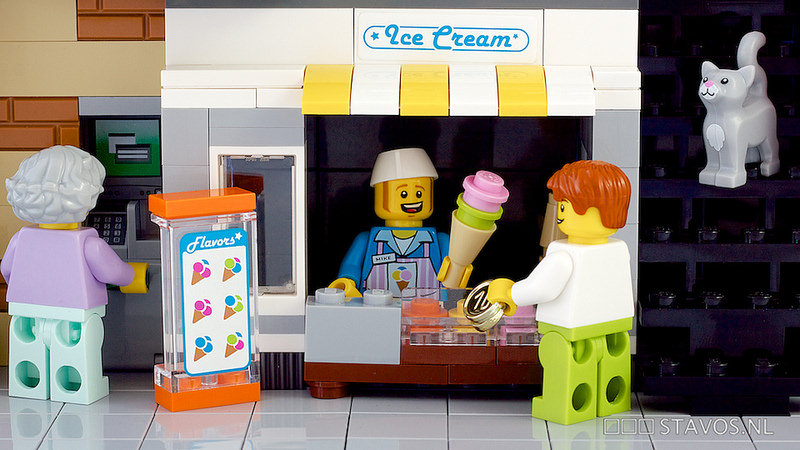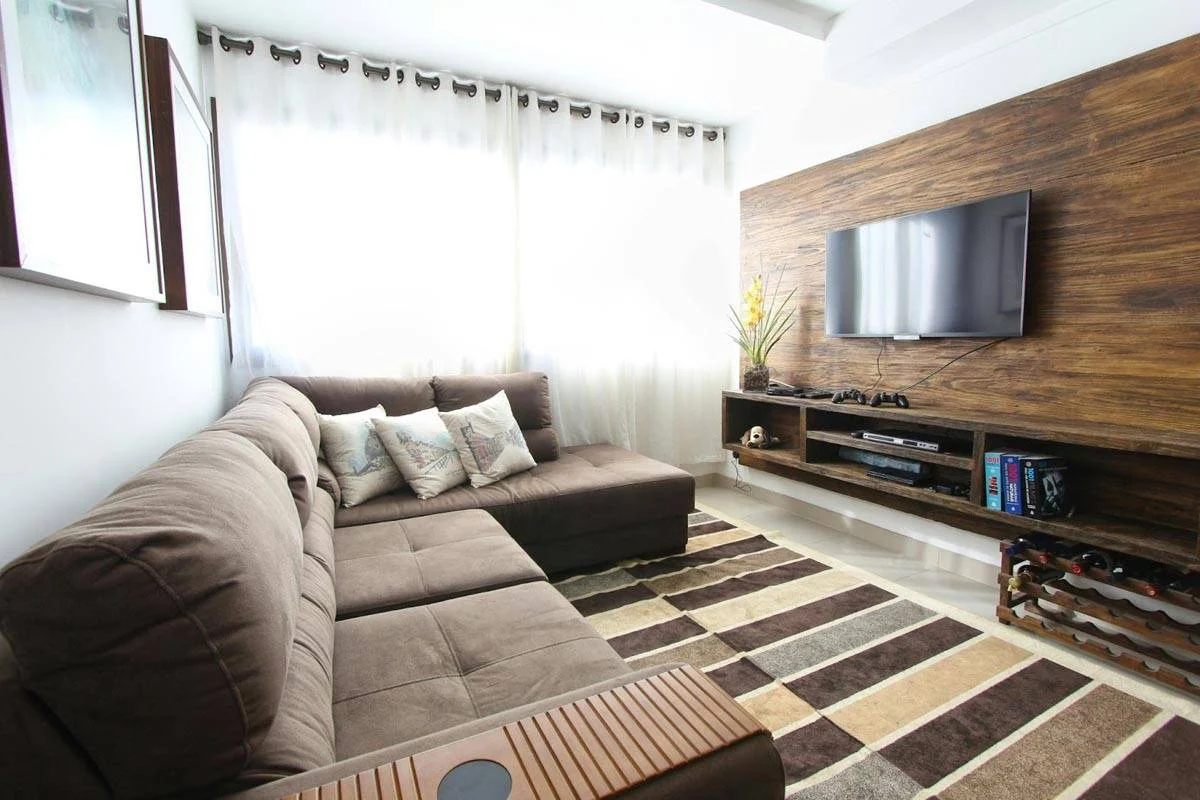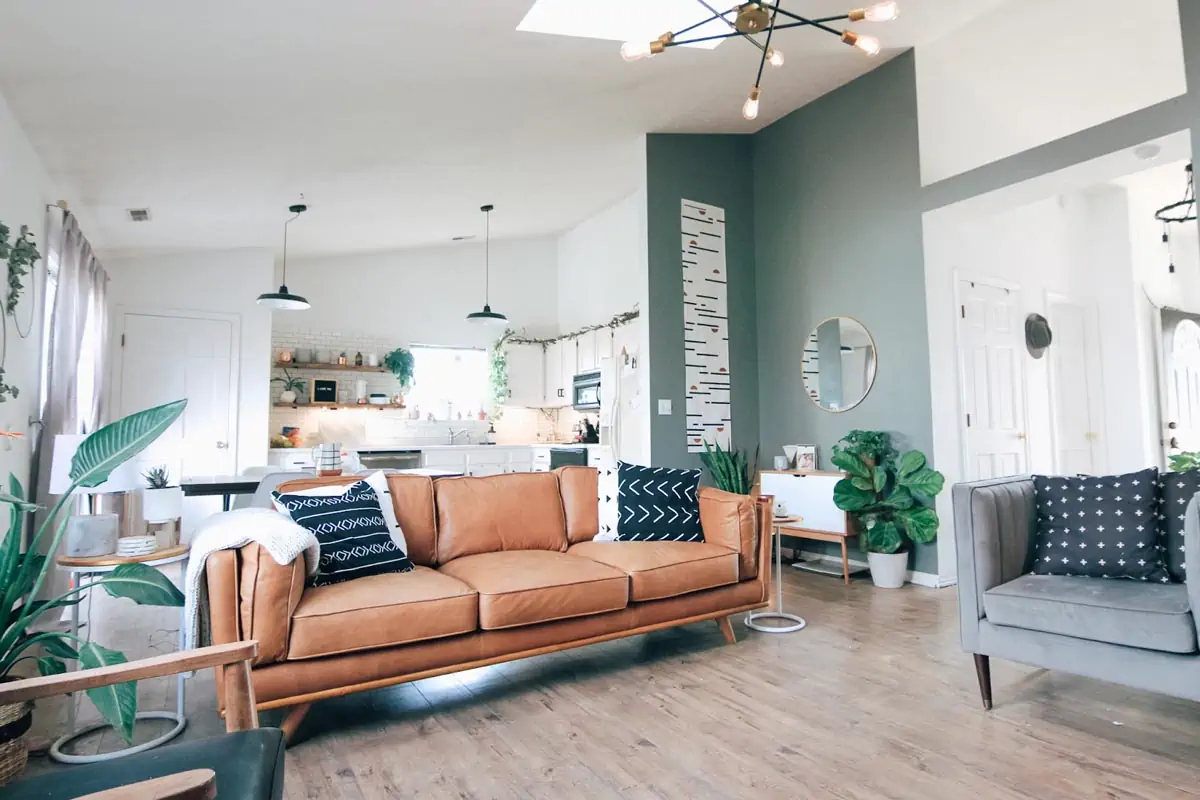It’s an exciting time to be an entrepreneur in Manila. Have a quick look around the city and you’ll notice that businesses, especially smaller, quirkier and more adventurous ones, have cropped up everywhere, attracting very loyal and very enthusiastic followings. Thanks to growing subcultures and fun innovations in fields like artisan food, and arts and crafts, so many business opportunities seem to be hovering around, and you best bet that commercial districts and spaces have taken immediate notice. Aside from flourishing in terms of creative products and innovation, small businesses and startup companies have influenced the trends that currently grip real estate in the Philippines. Because of the ever-increasing demand for commercial leasing, construction has reached an all-time high in the country, giving business owners more options than ever before with regard to finding good spaces for their ventures. But with so many new districts, spaces and commercial condos to choose from, how can you, as a small business owner, efficiently decide if you want to take a lease? What factors should you consider before taking that next big step for your growing business? Read on for a few helpful tips on commercial leasing for your startup.
Knowledge Is Power

A little research goes a long way. Photo courtesy of Startup Stock Photos via Pexels
You’ve heard it a million times: knowledge is power. Such is also the case in signing that lease for your small business. Investing in a commercial condo to house your venture in is a huge choice that can either make or break your startup. In this particular decision-making process, there is no room to wing it. Aside from knowing the ins and outs of your end of the deal (a polished, and precise business plan never hurt anybody), you also have to make sure that you know all about the leasing terms and procedures of the locations that you’re eyeing. Remember that making a condo investment for a commercial pursuit is very different from renting out a condo for personal use. Commercial leases are often not governed by the same consumer protection laws associated with residential leasing. The terms of your lease will always be tied to your project manager’s needs and requirements so make sure that a) you know exactly what those requirements are, and b) you select a project manager who will consider your specifications as a tenant as well.
Good Location = High Foot Traffic

Photo courtesy of Ryan McGuire via Pixabay
As you already know, in business, location is everything. While canvassing for your best choice in terms of commercial condo leasing, make sure that you consider pieces of real estate that will benefit the type of business that you want to run. Ask yourself: Will this commercial condo space bring me closer or farther from my target market? Will the space attract a lot of organic foot traffic or not? Logistically, will it be convenient or difficult to house my products or run my services here? These are only some of the considerations that you need to make in order to evaluate whether or not a commercial space will be a good fit for your startup. The better you know your target market, the better you’ll know the ideal space you need, and the better equipped you’ll be to make a profit.
Financial Predictability

Every centavo counts. Photo courtesy of Pexels
Every business, regardless of size, boils down to a matter of finance. No matter how daunting it might be (especially in the earlier stages of your business), it’s always important to be aware of financial predictability. This doesn’t just mean keeping accurate tabs on a projected profit, but more importantly, knowing exactly how much your future business expenses are going to be. Signing a long-term lease will mean that you’re informed of rent increases for an extended period of time, regardless external factors. While this can certainly help you manage your cash flow accordingly on a long-term basis, it also begs a lot of consideration. The last thing you want is to mismanage your venture by shooting too high too early, so make sure that you don’t engage in binding contracts that you can’t commit to. If your business can’t shoulder a long-term lease yet, be patient and don’t worry! There are a lot of other models and options to follow.
Change Is Inevitable

Save some room for growth. Photo courtesy of Stavos via Flickr, Creative Commons
The most terrifying and exciting part of starting a small business is that you never quite know how it’s going to turn out. In these early stages of your venture, keep in mind that the demands of your operations and target market will be in flux. Things are, quite predictably, going to change. The same is true for your leased-out space. You need to make room for your business to grow and evolve, and this is where the benefit of short-term leases come in. While these short-term arrangements (leases that are binding for a year or less) will allow you less freedoms in terms of changing your space physically, it will give you an easier time with relocating if the space is no longer suitable or your business has grown. As a startup company, you will need this type of flexibility to ensure that a full range of possibilities are open for the future of your venture.
Stability Is Key
At the end of the day, what you’re aiming for is stability. You want a condo space that is going to be good for the growth and longevity of your business, so don’t settle for anything less. Make sure that you scout many location possibilities before taking the plunge and committing to a space. As much as possible, take your time and keep in mind that an aesthetically pleasing or a financially-forgiving space will not be enough. The perfect, most stable condo investment will be able to balance all of the considerations that you have. Ensure that all the bases, including marketability, mobility, finance, flexibility, are covered before signing your name on that contract! Starting your own business and securing a space for it is always a risk, but with these tips, you can take on the challenge armed and focused, geared for a successful venture.









